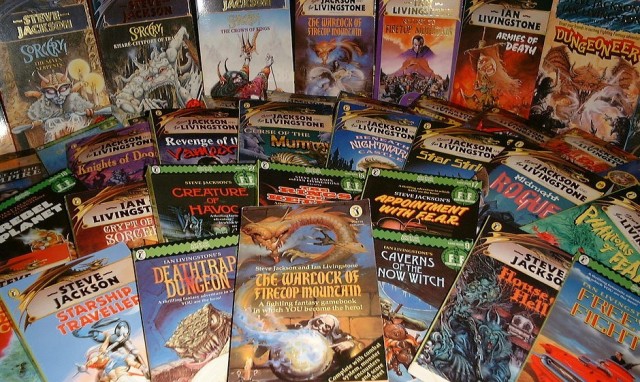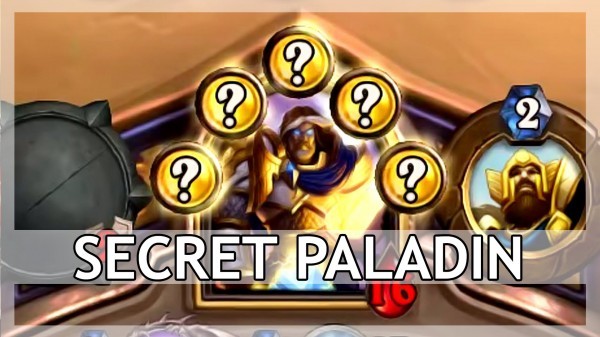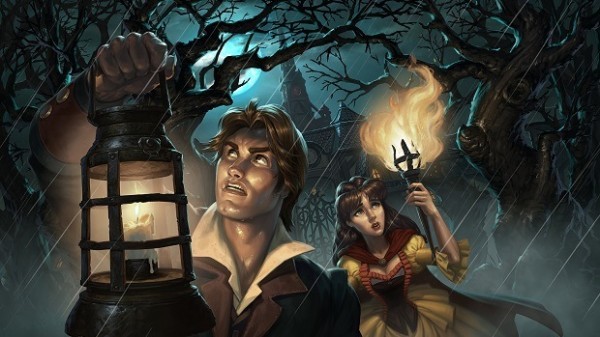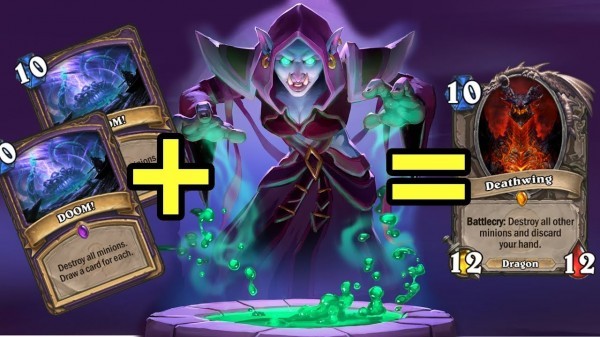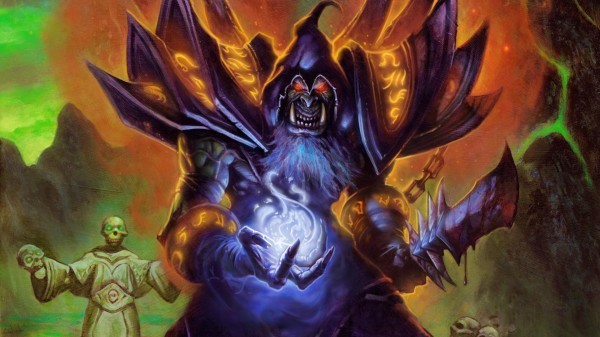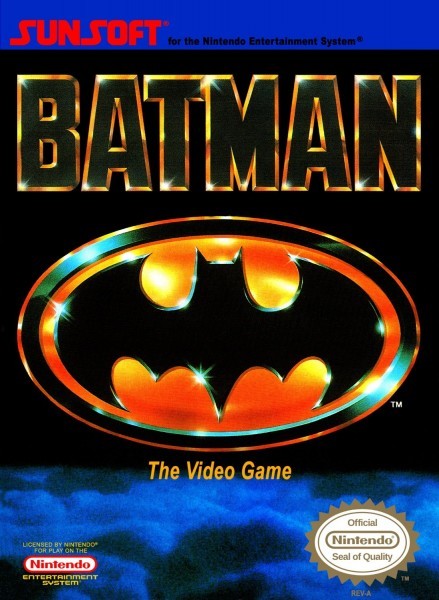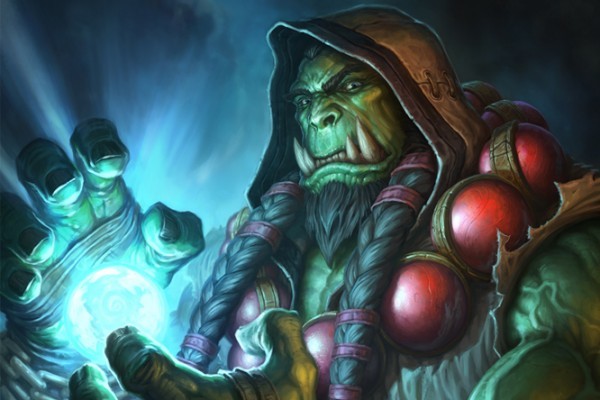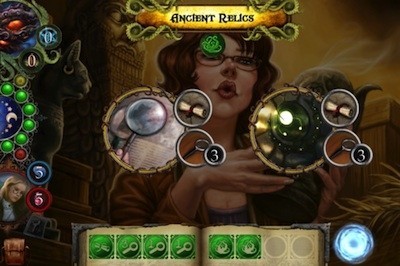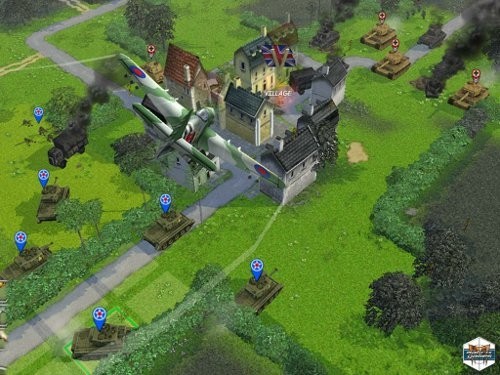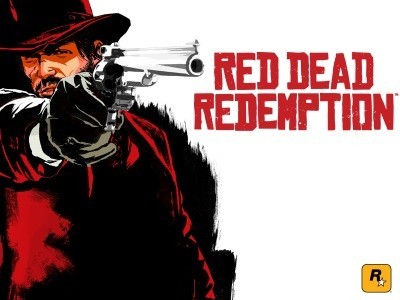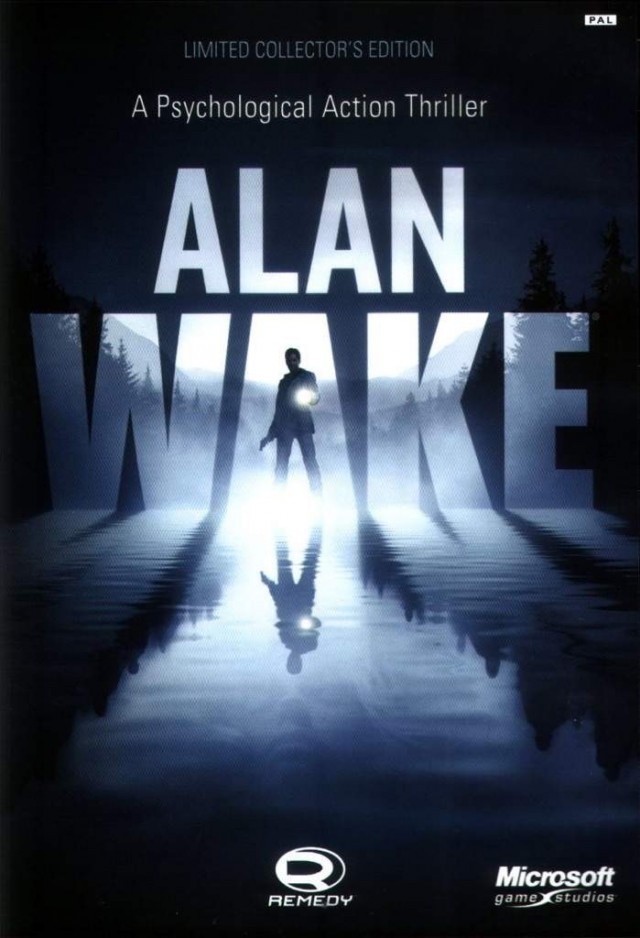I really couldn’t leave all the space in “Culture” to Ken and I really couldn’t leave Mike alone being the only one to be publishing stuff related to video games. I’ll bet a large sum of money that pretty much everyone who’s reading this (or indeed who’s ever played a designer board game) has spent some time playing video games and that a substantial number of those people have spent a substantial amount of time playing them. I know I have. After all, to some extent, gaming is gaming and video games have the advantage of not requiring an opponent and being tremendously engrossing.
So, it’s rather a shame that I feel the need to label the bulk of them as complete crap. I’ve given up on the video game hobby. I’d sell my console if I didn’t use if as a DVD player.
Before we go any further I probably ought to warn you that as a relatively new parent, I simply don’t have time to indulge anything other than my favourite hobbies – boardgaming and drinking alcohol, which happily for me go extremely well together. So it could be that what you’re about to read is just the embittered whinging of someone who can no longer afford to lavish an entire sick day off work playing Halo, as was once the case. But read on, and I hope you’ll agree I’ve got some valid points to make.
If you pick a video games review site – or better yet once of the sites that collect reviews from different sources, averages them out and ranks games accordingly – you’ll notice immediately that the most popular games by far fall into five categories. There are first and third person shooters, real time strategy games, platform games, sports games and role-playing games.
I can recall playing Doom for the first time many years ago and finding it completely brilliant. Not only was it new and inventive but it had the – still unique in my opinion – distinction for an action game of having a number of tremendously hard expansion maps that required good planning and strategy to win through. Shooters of various types have lead game rankings ever since and in that time, beyond graphical and AI improvements, what’s actually been added to the genre in terms of gameplay? Sod all, that’s what. Half-life got its reputation as an astonishing watershed in design largely on the basis of not having any cutscenes. I mean wow, that’s just so.. not.. innovative. The last FPS I played was half-life two which had exciting moments but which I found mostly rather dull because it just offered nothing new than tens of other highly-rated shooter games I’ve played before. We’ve also got online play nowadays which sounds exciting but is fairly worthless. I’ve found, to my cost, that young adults are never, ever going to compete with obsessive teenagers in twitch games. And after you’ve been fragged for the 200th time in succession, it start to loose its appeal.
Real time strategy games used to completely obsess me because I loved the sensation of gradually building up a huge empire of troops and the thrill of being able to build a new unit of structure for the first time. Then it dawned on me that they weren’t actually strategy games at all – they were twitch games in another guise. Winning in an RTS is all about building things as fast as possible, and nothing to do with strategy. I tried playing Warcraft 3 but that realisation weighed on me like a lump of lead and I couldn’t muster the enthusiasm to play more than a few missions.
Platformers have never been my cup of tea. The biggest “innovation” in this genre is the advent of 3-D platforming which I can actually remember being invented in a ZX Spectrum game back in the eighties (head over heels for those who can’t remember). Other than that, they’re all the same – jump around, collect items (some of which are essential, and others of which move you toward a 100% collection bonus) and search for hidden minigames. The latest Grand Theft Auto games are actually platformers of a sort IMO and, in truth GTA3 was the last game that actually impressed me very much but after playing the sequel (am I the only person who preferred GTA3 to Vice City?) which was basically more of the same, I really couldn’t be bothered win San Andreas.
Don’t even get me started on role-playing games. If you want to play an RPG, then play a pen and paper one. It speaks volumes for the parlous state of the video game industry that one if it’s brightest sparks and most innovative designers can’t come up with anything better than Fable. There’s also sports games, most of which can’t actually offer anything like a passable simulation of the chosen sport and most of which have stuck to a tried and tested formula for the chosen sport since the dawn of time.
So, in a nutshell, the gaming industry is tired and uninteresting, reliant completely on younger and younger kids and the instant-immersiveness that even average computer games can achieve to get sales. The one thing around that is a bit different is the Wii, and it’s no wonder to me at all that jaded gamers are flocking to it in droves.
But what about my favourite style of game, the boardgame? Surely there must be some decent boardgame style games out there? Well, some of them are half-decent but in the end, just like an RPG, it’s always more fun to play the real thing against real life opponents. AI is always limited and is prone to repeating the same mistakes, making games solvable in a way that play against real people usually isn’t.
What’s left then? Well, computer games are good for two things, in my opinion, both of which work for me because they’re difficult-to-impossible to achieve in real life face-to-face games. The first is hidden information – computers can hide lots and lots of information in a way that would be hugely impractical in a game. Anyone who wants to know how tough it is to do in a boardgame should try the old SPI wargame City-Fight in which there were three identical boards – one for each player to keep track of their units on and a central board for units which both players could see. The second is implanting vastly complicated rules behind a simple interface and this has the added advantage of keeping those rules secret from the player, allowing them to focus on the strategy of the game rather than exploiting the rules, as so often ends up being the case in face-to-face games.
And it doesn’t take a genius to work out that the resulting games are mostly computer wargames. So in the interests of balance, and a wider appreciation of cool games, I’m going to finish up by listing five games which have passed my test of “great”. And my test of “great” for most media (films, music, etc) is that it’s still enjoyable after many years of repeat play. All of these games I’ve been playing for over ten years, and I still play occasionally today, or at least would do if I had time. Most of them make the best possible use of hiding information and complex rules.
We’ll start with one that doesn’t. Angband is an infuriatingly addictive piece of freeware dungeon crawling which proves beyond any shadow of a doubt that you don’t need great graphics to make a great game, since the visual interface is constructed entirely of ASCII symbols and nothing else. Remember the addictive quality of Diablo that came from going into the dungeon again and again, just to see what turned up? Remember how ultimately pointless it was since gameplay came down to click-click-click? Well Angband has that same obsessive collection mania about it combined with some proper strategy during the fights from the virtue of it being turn-based. Angband also has one other completely unique quality – if you die in Angband, you don’t just loose your stuff, it makes your character file unusable. If your character dies, you really die, and you have to start again – and I’ll warn you that Angband is very difficult and takes many hours of gameplay to beat. I’ve never actually done it, though I’ve come close. Genuine challenge is something that’s really missing from modern video games, and Angband has it in spades, resulting in an extraordinarily tense and exciting game. You can download Angband from http://rephial.org/release although I’d recommend you also read the Angband Newbie Guide if you don’t want to face endless rapid and messy deaths trying to work out what’s going on. Be aware that Angband has many variants on the theme which can be got from elsewhere, further expanding the longevity of the game.
My second all time great isn’t one game, but a series of games, although it truth I’ve never bothered progressing beyond the second in the series. It’s the Civilisation games from Sid Meier. There’s so much to love about these games – the epic scale, the early thrill of exploring an unknown landmass, the challenge of the micromanagement required to succeed in later eons, the multiple paths to victory. I’ve never played the Civ boardgame, but I can’t imagine it’d have a patch on this. The earlier versions of the game have a freeware implementation, which you can download from http://freeciv.wikia.com/wiki/Download.
My third pick is a commercial game that surprised even me. Being English and male I inevitably have a number of friends who are football mad (note – this is actual proper football as in a game where the players kick a ball with their feet, not spend most of their time standing around going “hut, hut, hut!”. We don’t use the “S” word around here). On visiting one of them one day I found him hunched over his PC playing Championship Manager 2, and drooling over the fact he’d just managed to buy a fat and aged Gazza to join is lower division team. Now I have little interest in or knowledge of football, but as I sat with him I began to share the absurd feeling of obsession that the game has the potential to build. I went out and bought a copy the next day and – get this – I revised for my final exams at university in the time it took my cranky old PC to calculate the results of all the games each match day. The game has since gone from strength to strength but those interested take note – the game is now called Football Manager, and the Championship Manager series is but a pale imitation.
The next game is probably the oldest on the list. It’s a ZX Spectrum game that holds the distinction of being – as far as I know – the only computer game ever released directly by Games Workshop. The game is called Chaos, and players take the role of wizards battling for supremacy on a featureless board – you can have up to eight wizards with a mix of human and AI players as you choose. You get a random selection of spells from the ordinary – lightning bolt – to the bizarre – gooey blob – but the bulk of your spells summon creatures which you can move around to do battle. The addictive quality in the game comes partly from making as best use as possible of your random spells but the game also has a neat twist. All the spells have a percentage chance for success, with the more powerful creatures like vampires and dragons being virtually impossible to cast out of the gate. However, you can increase your chances of success by altering the alignment of the universe (on a scale from Law through neutral to Chaos) by casting spells of that alignment, which makes spells of the same alignment easier to cast and those of the opposite alignment harder. With creatures you have the choice of creating it as real or illusion. Illusory creatures always cast successfully and are just as powerful as the real thing, but they can be instantly destroyed by the disbelieve spell, which every wizard has. Give its crappy graphics, horrible interface and the fact it’s full of bugs it’s kind of hard to communicate how good this game is. Happily though, there’s an online Flash implementation you can play and the rules are also available.
My final pick is possibly the most streamlined yet complex and rewarding computer wargame ever published. I first came across the system in the old Commodore 64 game Overrun and was instantly impressed by how it made handling the complexities of squad-level combat an absolute synch. So I rejoiced to discover, many years later, that the game has not one but three freeware PC implementations, together with commercial versions of said implementations which improve on it in various ways. It’s beyond me why someone would bother memorising the rules for an playing ASL when you can let the Steel Panthers engine not only handle everything for you but add a huge dose of realism by doing proper fog-of-war and not letting you see the behind-the-scenes calculation for working out hits and damage. You also get the added longevity of having scenarios and campaigns from conflicts across the world and throughout the 20th century all in one package. Confusingly, the same game is implemented by two different people and I have no idea which – if any – is the best. Firstly there’s SPCamo who offer a modern and WW2 version of the game from their website and then there’s Matrix games who just have the WW2 implementation.
What are you doing still reading after I’ve pointed you at all those downloads? Go on, get on with it, and we’ll see you back in daylight sometime in 2009.
 Games
Games How to resolve AdBlock issue?
How to resolve AdBlock issue? 